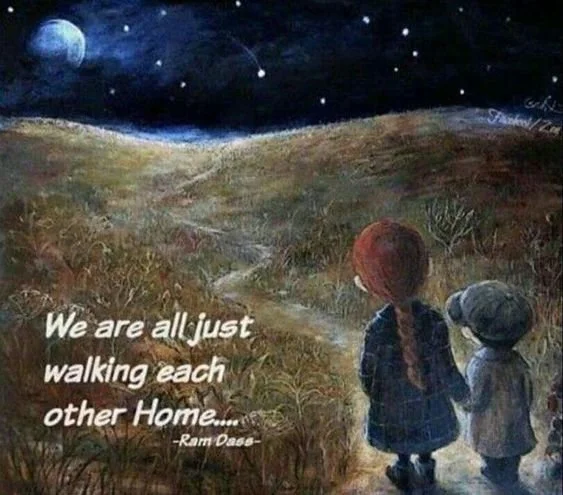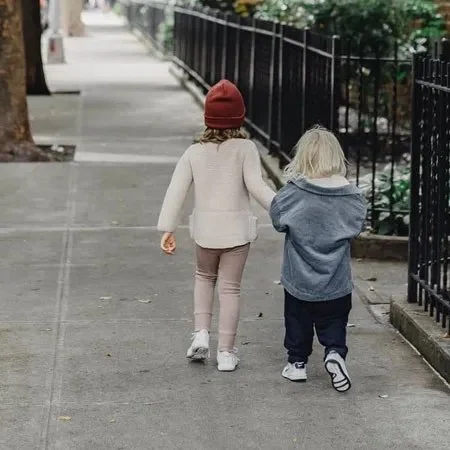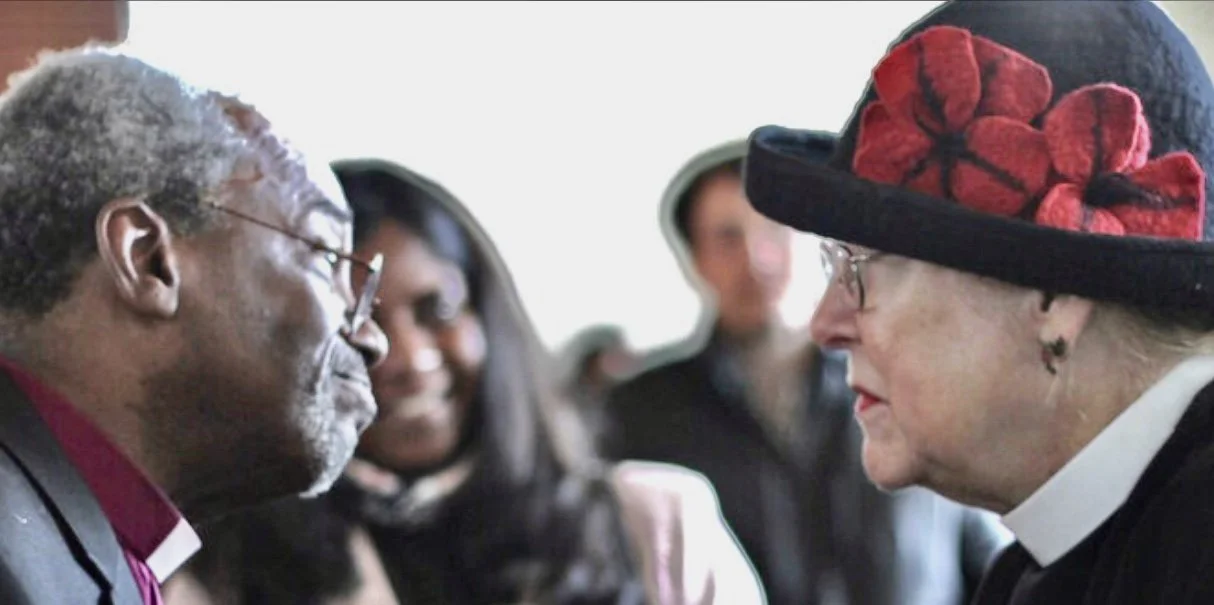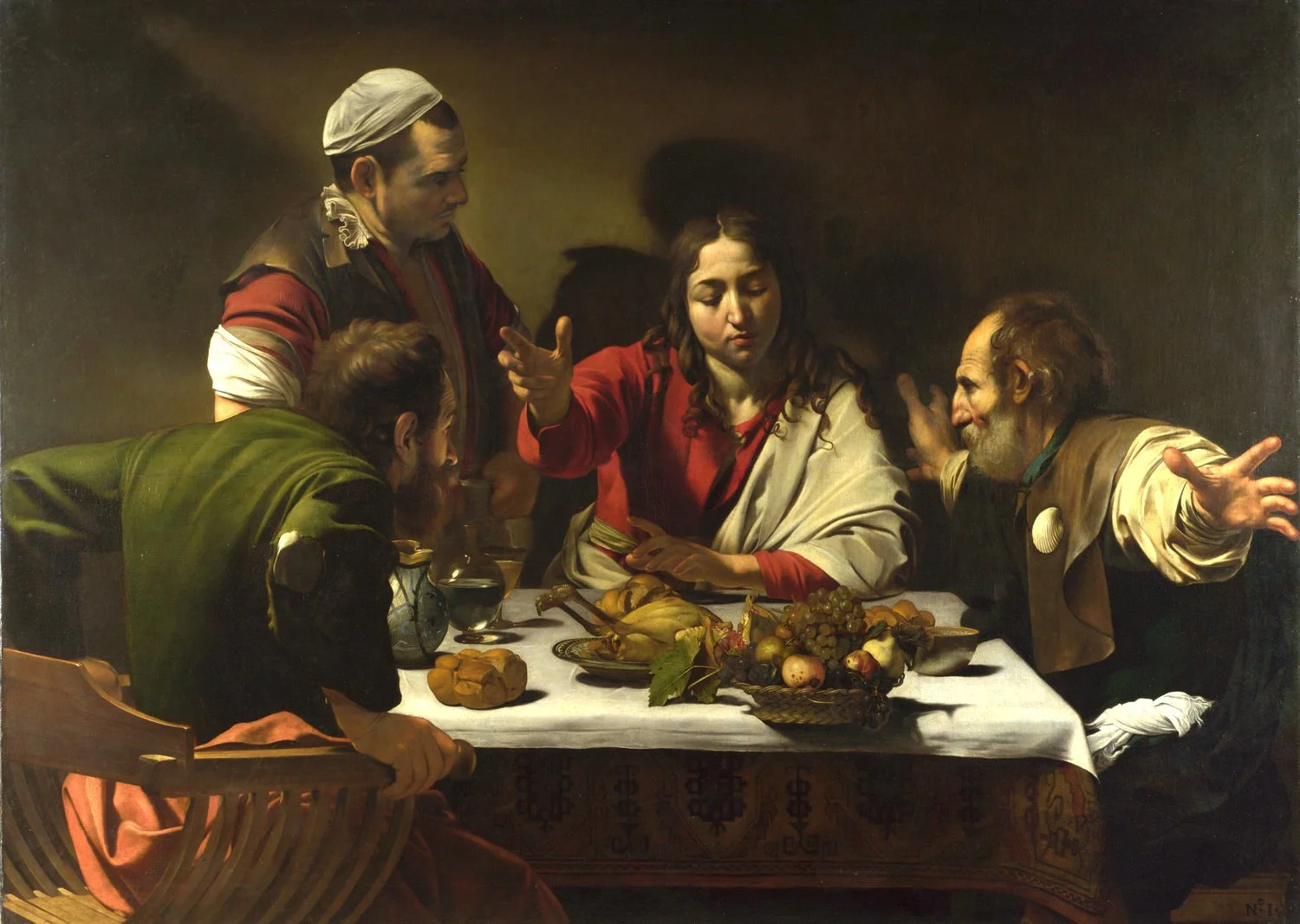Walking each other home
“Find those who tell you, Do not be afraid, yet stay close enough to tremble with you. This is love.”—Cole Arthur Riley, This Here Flesh, p. 90.
I had most often described courage as “fear that has said its prayers.” Many may recognize that as a 12-step recovery saying.
Cole Riley expands our thoughts about fear. He tells us that fear is not something we need to handle alone. We are to live in community with other friends who can understand our worries and may even share them. Friends walk with us through fear. Neither of us knows what will happen, but their presence, not their words, makes all the difference. This, indeed, is love.
We sit with those who are sick and fear dying. We stand with each other when no others will.
I see the image of Dr. Joycelyn Elders when she was Surgeon General holding her young son’s hand and walking with him to court when he was accused of using drugs. That was love.
I see parents and friends sitting at the bedside of a child severely injured in a car accident.
I see men and women in Ukraine standing beside each other to battle an invasion of their country when they were shopkeepers and teachers a few months earlier.
I see members of a town devastated by a hurricane, flood, or tornado who hold each other up and pick up the pieces together.
I see young men and women in the military protecting our country who went to proms and graduations just a few months earlier.
And so today, we give thanks for all those known and unknown who have done this for all those we love.
Joanna. https://www.joannaseibert.com/






